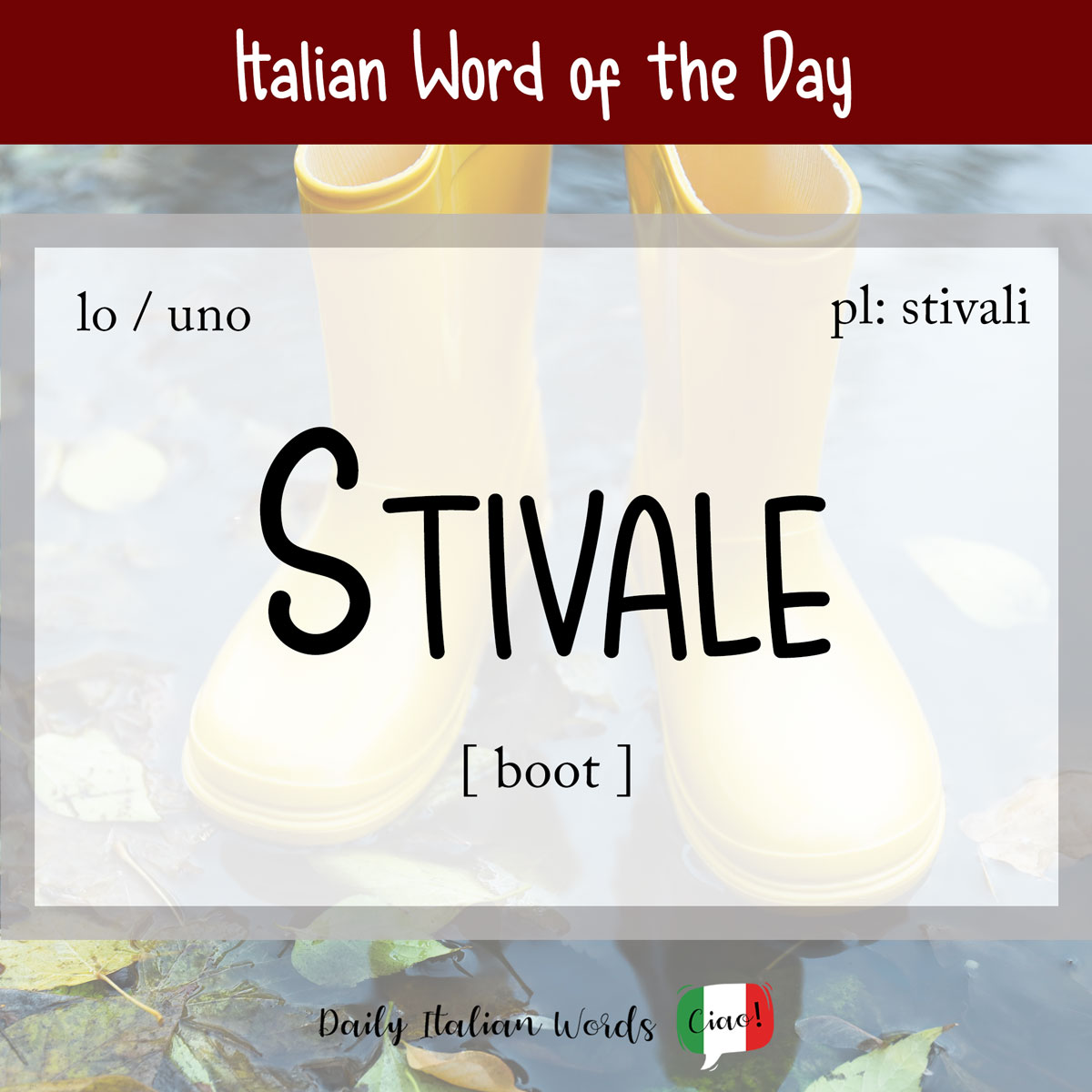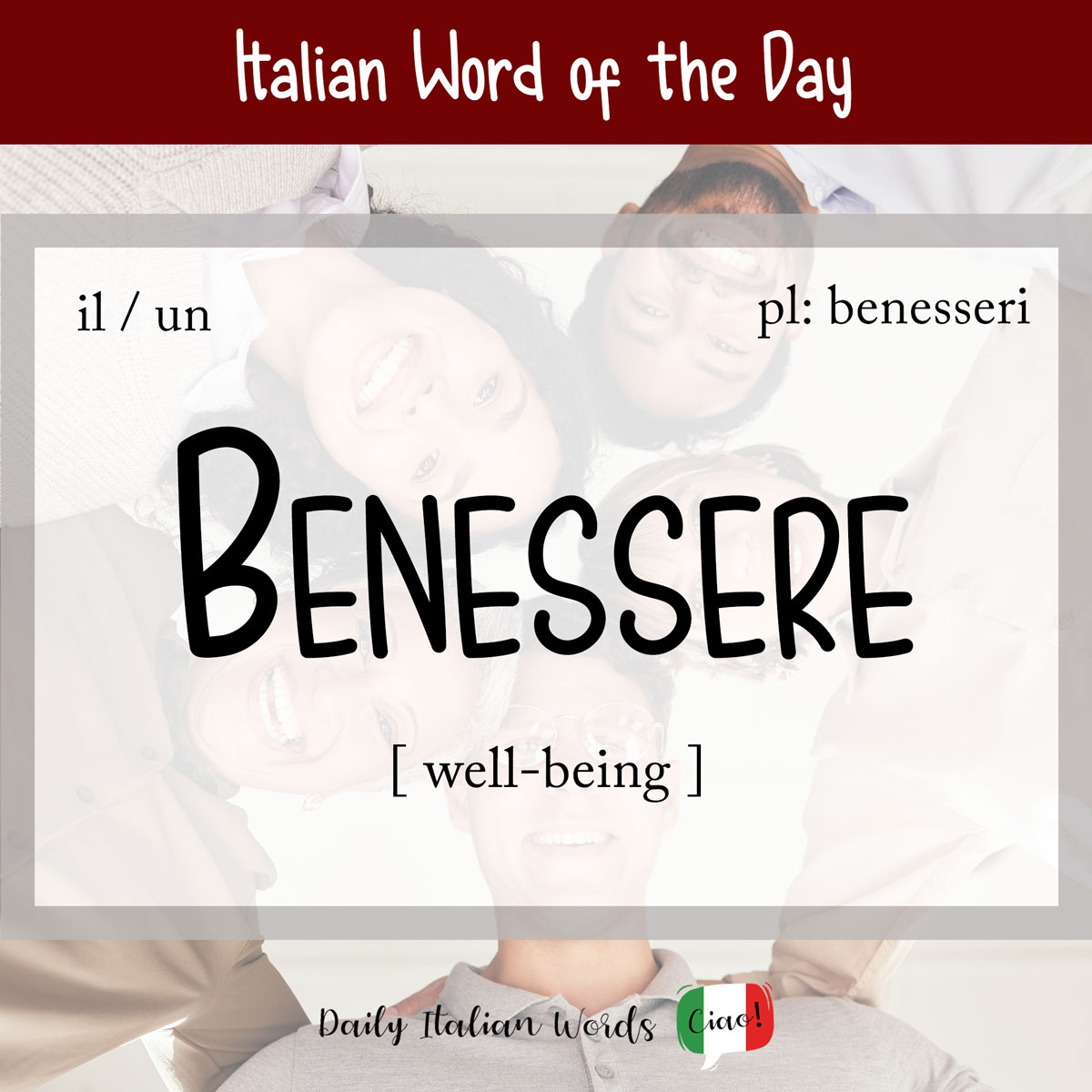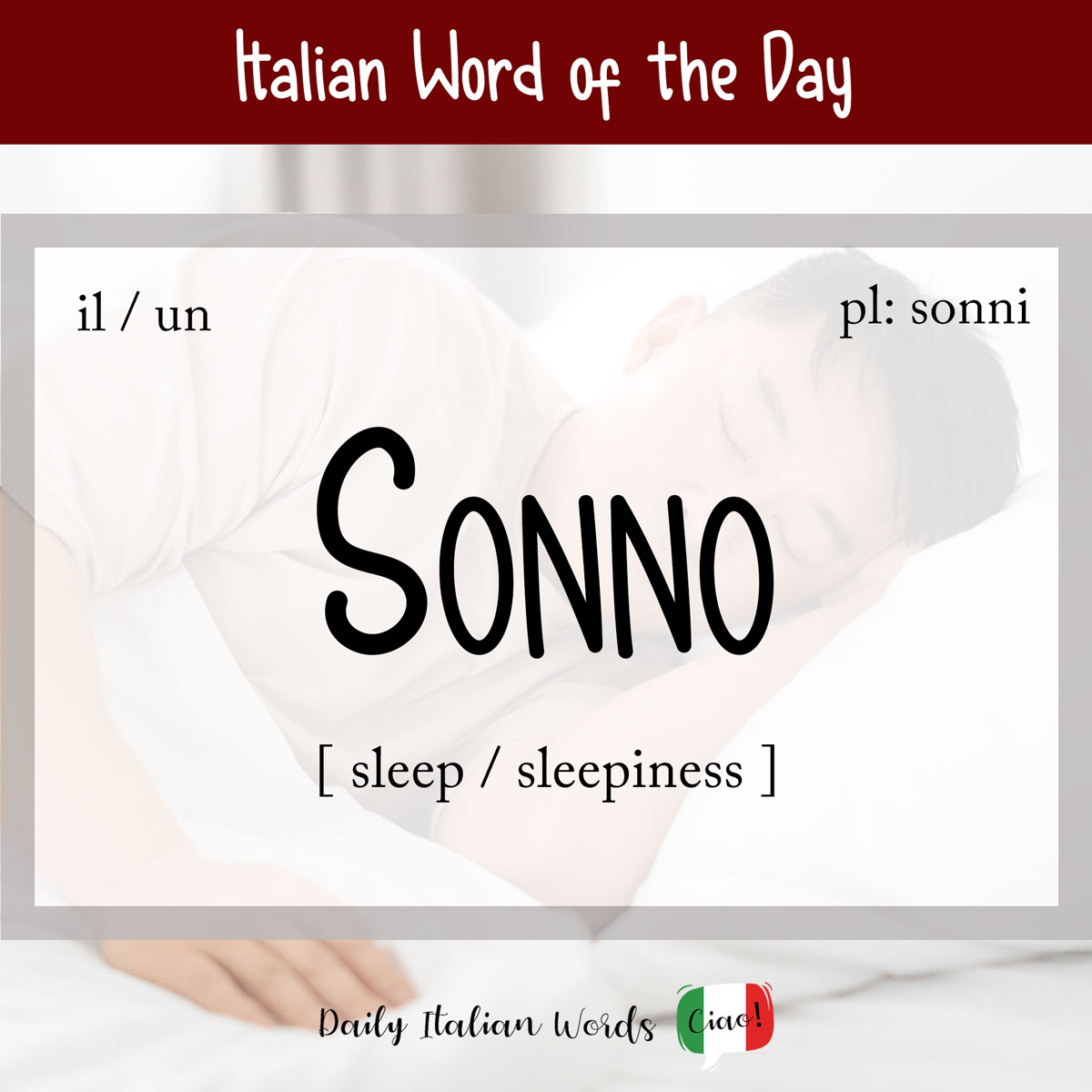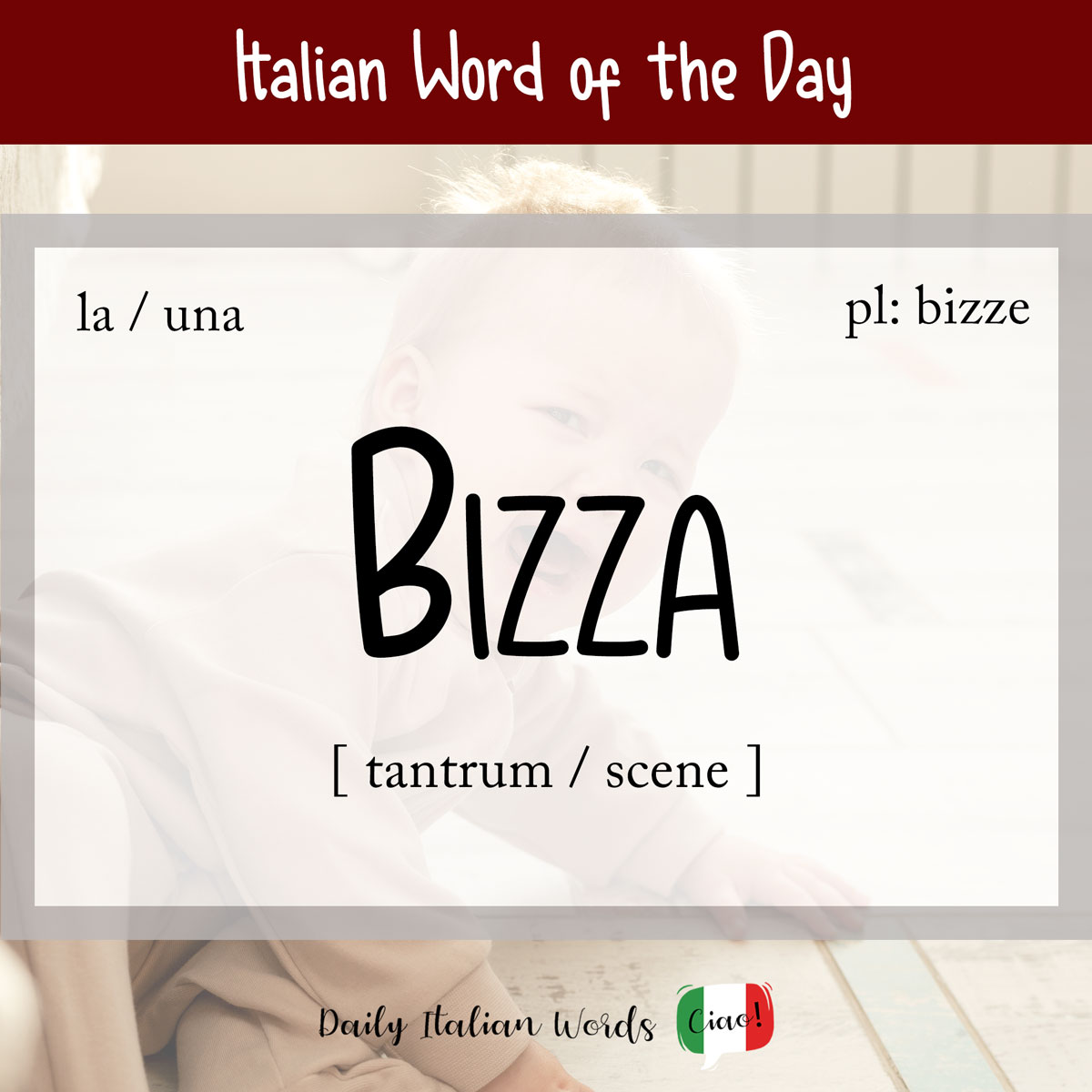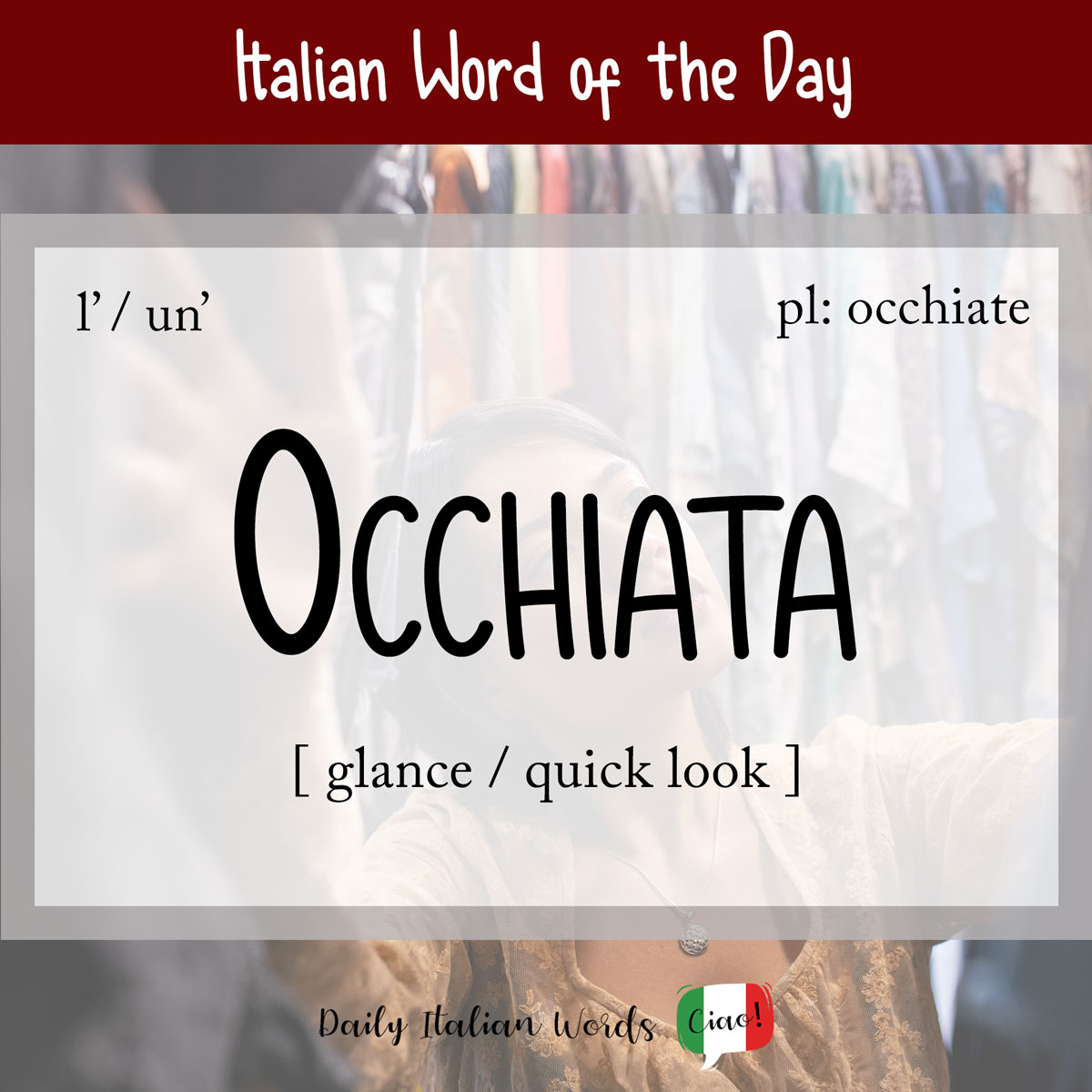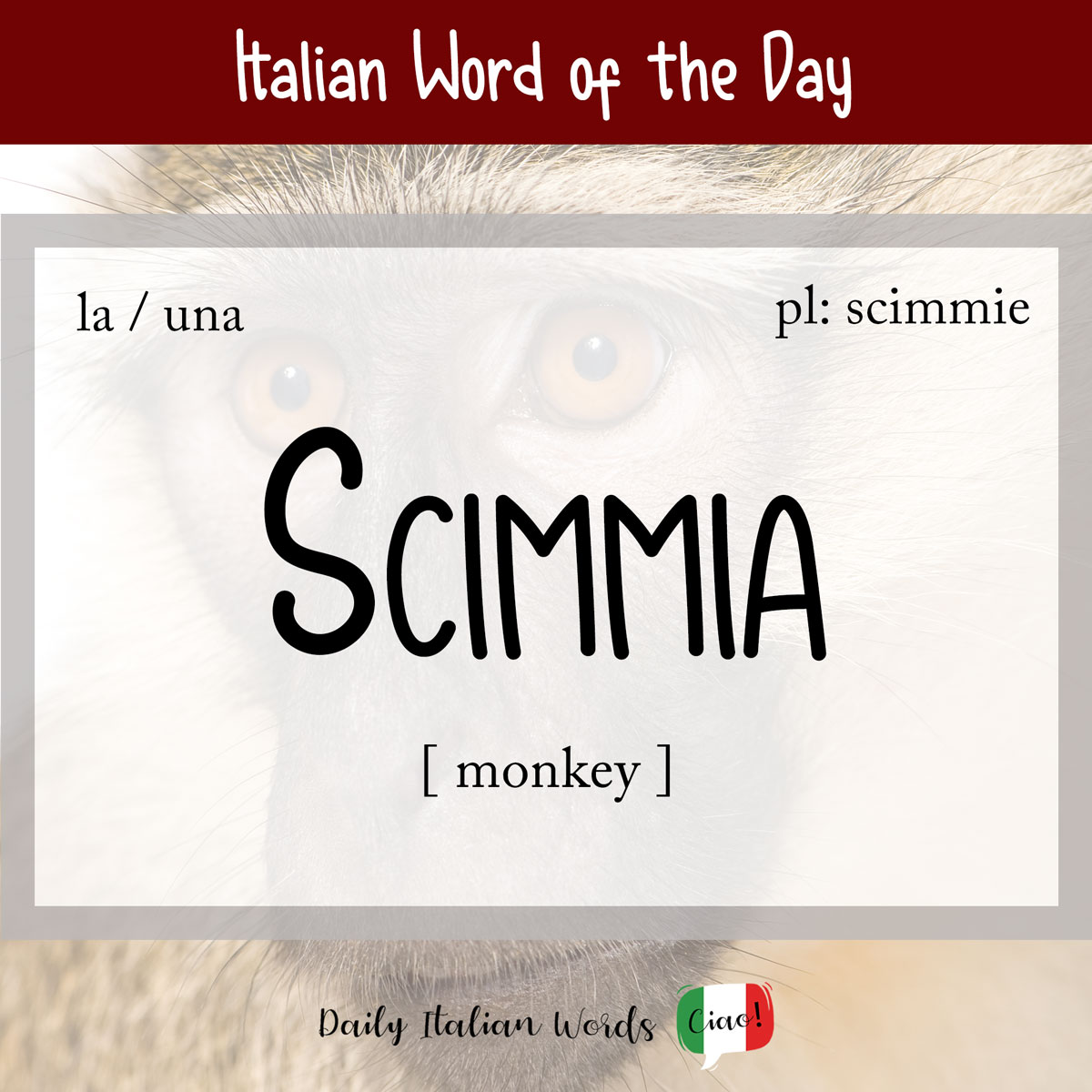Italian Word of the Day: Stivale (boot)
One of my son’s favourite pastimes, like many kids his age, is jumping in muddy puddles (pozzanghere). Unfortunately, he’ll sometimes run into a puddle even without his boots (stivali) on! stivale boot According to Treccani, the origin of stivale dates back to Old French estival, but beyond that, its etymology is uncertain. However, Devoto-Oli suggests …

